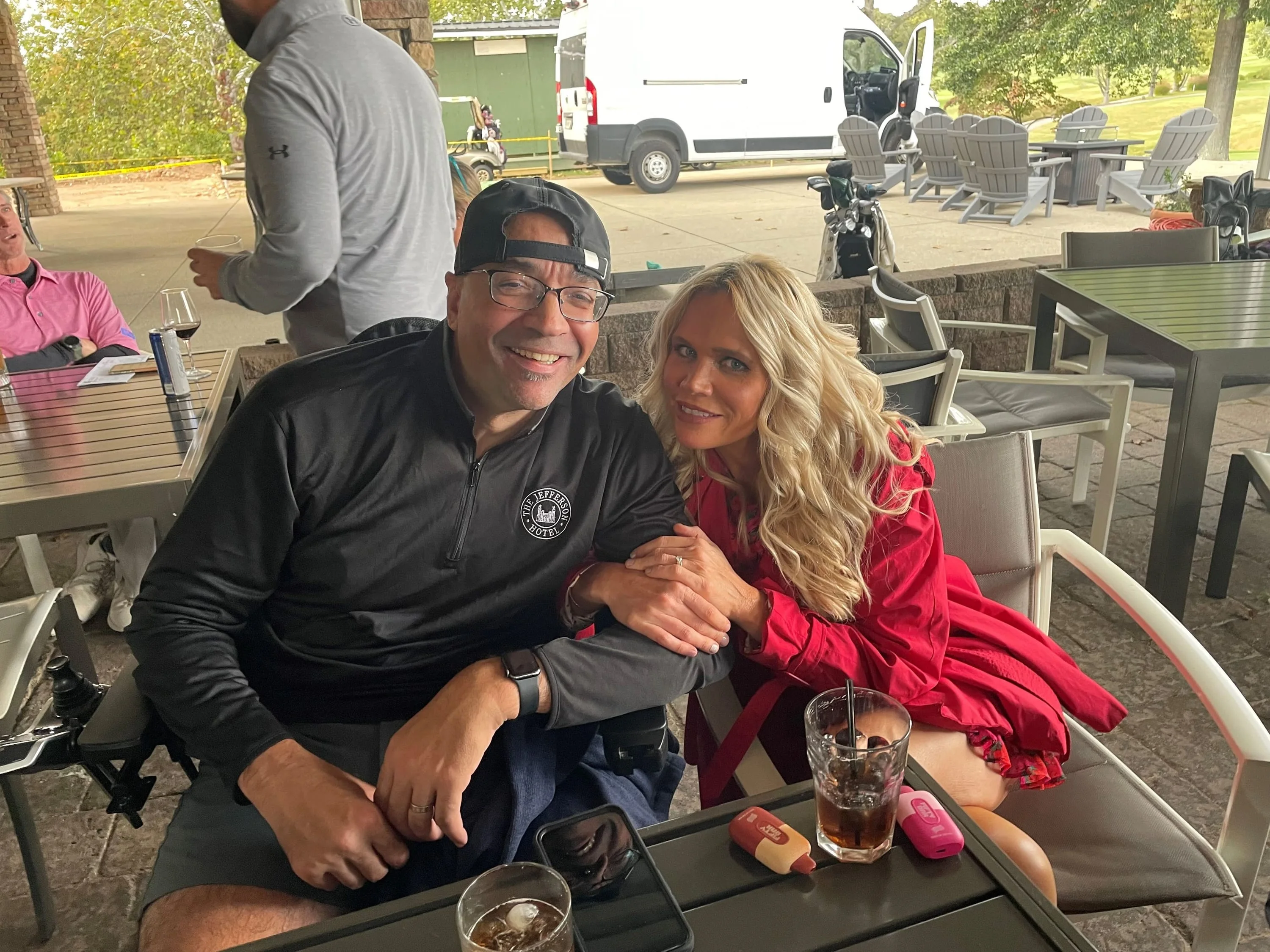
- posted: Oct. 10, 2016
 Buyer’s regret is common after a major purchase like a car. This can trigger unfounded claims under West Virginia’s “lemon law.” When someone asserts that warranties have been violated and that their car is not suitable for driving, it can be difficult to confront these subjective accusations. However, dealerships have legal recourse to defeat unworthy claims and to correct problems whenever possible.
Buyer’s regret is common after a major purchase like a car. This can trigger unfounded claims under West Virginia’s “lemon law.” When someone asserts that warranties have been violated and that their car is not suitable for driving, it can be difficult to confront these subjective accusations. However, dealerships have legal recourse to defeat unworthy claims and to correct problems whenever possible.
Defenses available to car makers and sellers under West Virginia law include:
- Lack of substantial impairment — Car buyers are not permitted to make a lemon law claim if the alleged defect is minor. Any problem would have to constitute a “substantial impairment to the use or market value of the new motor vehicle.”
- Willingness to repair the problem — Sellers are entitled to a “reasonable” number of attempts to cure the alleged problem with the car. Usually, a dealer or manufacturer will have three chances to do so. However, when the ostensible defect presents a threat of death or serious physical harm, the issue must be fixed on the first try.
- Neglect or abuse on the buyer’s part — Occasionally, someone who causes damage to a newly purchased vehicle will try to pass off the problem as a manufacturer’s defect. A thorough evaluation can usually expose these attempts at fraud.
Penalties for lemon law violations can include payment for the necessary repairs, and, in extreme cases, replacement of the vehicle. In addition to these costs, the reputation of a dealership or manufacturer might suffer severe damage within the local marketplace. If you have been targeted by a lemon law allegation, quick action might be necessary to protect your business.
Pullin, Fowler, Flanagan, Brown & Poe, PLLC has represented dealers in lemon law cases and numerous other claims involving fraud, breach of expressed warranty and other allegations. To schedule a consultation, call 304-344-0100 or contact us online.



















